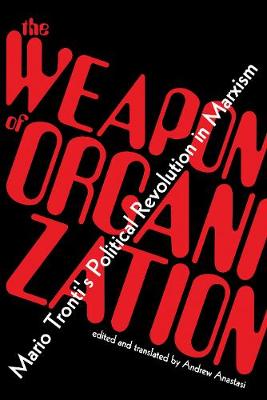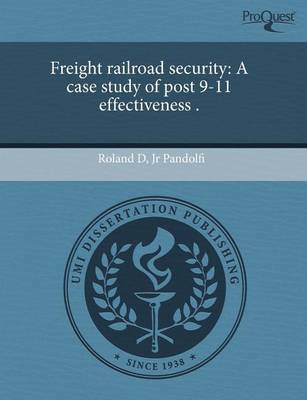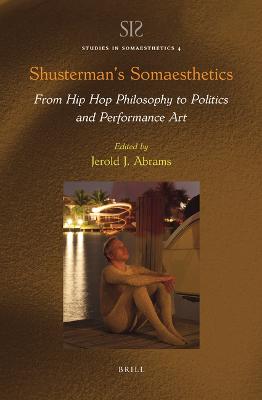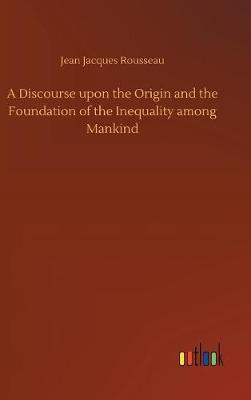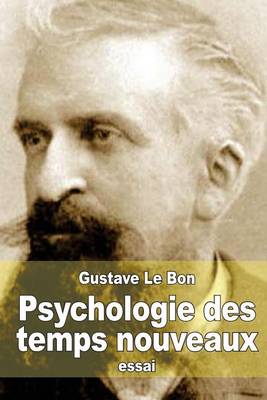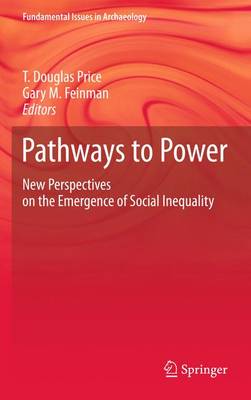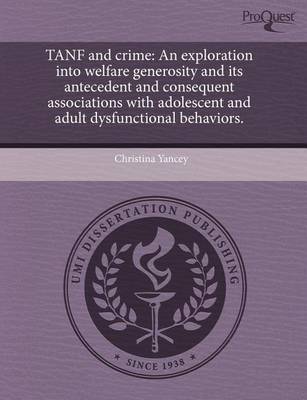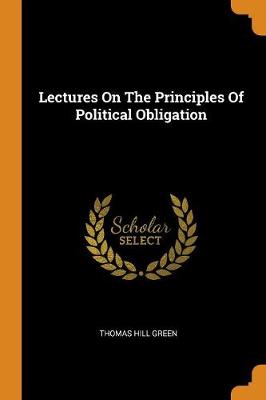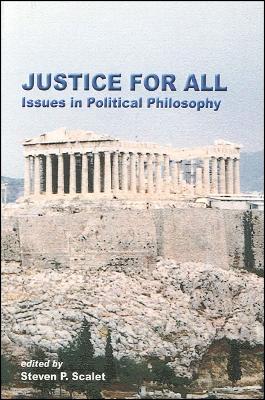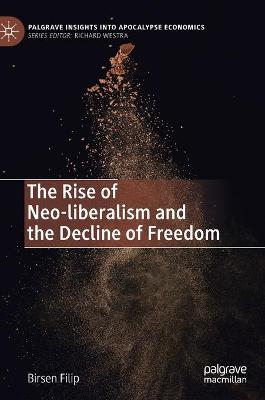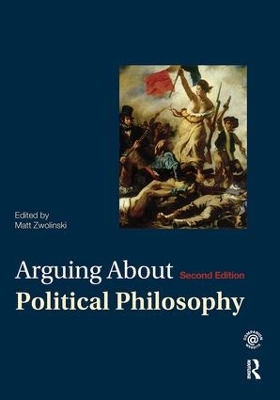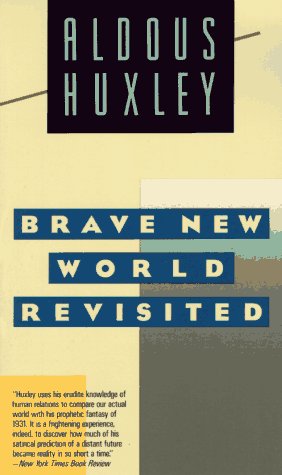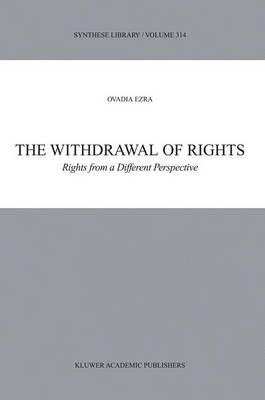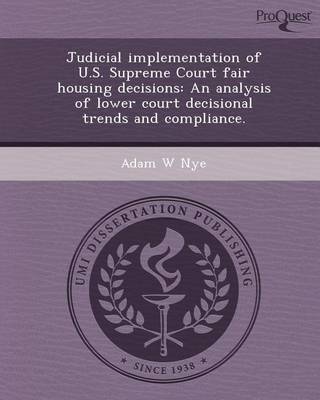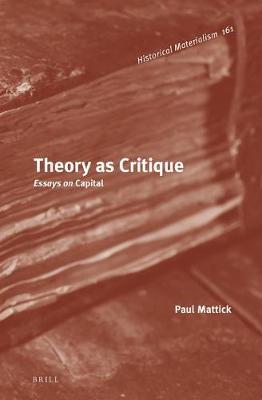Mario Tronti was the principal theorist of the radical political movement of the 1960s known in Italy as operaismo and in the Anglophone world as Italian workerism, a current which went on to inform the development of autonomist Marxism. His "Copernican revolution"-the proposal that working class struggles against exploitation propel capitalist development, which can only be understood as a reaction that seeks to harness this antagonism-has inspired dissident leftists around the world. Tronti's...
Freight Railroad Security: A Case Study of Post 9-11 Effectiveness
by Roland D Jr Pandolfi
Shusterman's Somaesthetics
This edited collection provides an in-depth and wide-ranging exploration of pragmatist philosopher Richard Shusterman's distinctive project of "somaesthetics," devoted not only to better understanding bodily experience but also to greater mastery of somatic perception, performance, and presentation. Against contemporary trends that focus narrowly on conceptual and computational thinking, Shusterman returns philosophy to what is most fundamental-the sentient, expressive, human body with its creat...
A Discourse upon the Origin and the Foundation of the Inequality among Mankind
by Jean-Jacques Rousseau
Pathways to Power (Fundamental Issues in Archaeology)
There are few questions more central to understanding the prehistory of our species than those regarding the institutionalization of social inequality. Social inequality is manifested in unequal access to goods, information, decision-making, and power. This structure is essential to higher orders of social organization and basic to the operation of more complex societies. An understanding of the transformation from relatively egalitarian societies to a hierarchical organization and socioecono...
Lectures on the Principles of Political Obligation
by Thomas Hill Green
The present work is Thomas Hill Green's account of his conception of `the common good' and its importance in determining a set of criteria that will give us the means to evaluate the conduct of political establishments. The principles of political obligation are all founded on this attractive idea of a common good, and Green is able to apply his principles to a wide range of matters from land law to personal freedom.How well the book succeeds in convincing the reader that a common good ought to...
Borders and Debordering
Borders / Debordering: Topologies, Praxes, Hospitableness engages from interdisciplinary and transnational perspectives some of the most important issues of the present, which lay at the intersection of physical, epistemological, spiritual, and existential borders. The book addresses a variety of topics connected with the role of the body at the threshold between subjective identities and intersubjective spaces that are drawn in ontology, epistemology and ethics, as well as with borders inscrib...
Ariel (Nuestramerica, #22) (Texas Pan American)
by Frederic Jesup Stimson and Jose Enrique Rodo
Ariel is a long essay by the Uruguayan critic Jose Enrique Rodo (1871-1917). It is an attempt to formulate a characteristic Latin American spirit; it emphasizes spiritual values as against exclusively materialist progress. When it was first published in 1900 it provoked a wide response from the youth of Latin America to whom it was addressed, and brought immediate fame to its author. It remains his best and most important work. This edition contains the Spanish text of Ariel, with a long introdu...
The Rise of Neo-liberalism and the Decline of Freedom (Palgrave Insights into Apocalypse Economics)
by Birsen Filip
This book examines the relationship that prevails between the state and freedom in the works of Milton Friedman and Friedrich Hayek, as well as those of some of their peers, including Gary Becker, James Buchanan, and George Stigler. The author explains that their concept of freedom was largely derived from the principles and values of neo-liberalism. However, she maintains that neo-liberals never cared about providing the masses with genuine freedom; rather, they value freedom for its instrument...
Totalitarianism and the Modern Conception of Politics
by Michael Halberstam
In revisiting totalitarianism, Michael Halberstam's aim is to surface hidden fault lines separating competing philosophical approaches to this debate. It exposes otherwise incomprehensible differences between liberalism and its critics on the left and right.
Many religious people are alarmed about features of the current age - violence in the media, a pervasive hedonism, a marginalization of religion, and widespread abortion. These concerns influence politics, but just as there should be a separation between church and state, so should there be a balance between religious commitments and secular arguments calling for social reforms. Robert Audi offers a principle of secular rationale, which does not exclude religious grounds for action but which rul...
Arguing About Political Philosophy (Arguing About Philosophy)
This second edition of Arguing About Political Philosophy is the most complete, up-to-date, and interdisciplinary anthology of its kind. Its selections cover both classic philosophical sources such as Hobbes and Rousseau, and contemporary figures such as Robert Nozick and G.A. Cohen. But additional excerpts from economists, psychologists, novelists, and legal theorists help students from diverse intellectual backgrounds to connect with and appreciate the problems and distinctive methodology of p...
Brave New World Revisited (Flamingo modern classics) (The collected works of Aldous Huxley)
by Aldous Huxley
Written 27 years after the 1932 publication of "Brave New World", this book addresses the prophecies he made in that work, believing the far-fetched fantasies of his nightmare future to be turning too swiftly into reality. Examining overpopulation, mass communication, big business, centralized government, the effects of television and advertising, this work is Huxley's polemic against modern society.
Like most discussions within the tradition of rights-talk, this study is motivated by the desire to promote the idea that rights are moral assets that people should acquire in the course of their membership within social and political frameworks. However, while most participants in rights-talk concentrate on the safety and protection constraints required for a successful exercising of rights, the present study inquires into the circumstances under which people's rights lose their validity. The a...
Kant's Ethics: The Good, Freedom, and the Will is a systematic examination of Kant's ethics that recognizes the central importance of the good in relation to duty as forming a unified whole, in accordance with Kant's intent. The Enlightenment, by undermining the religious foundations of morality, prompted Kant to offer a new foundation for ethics based not on religion but on reason. The first chapter provides the context of Kant's ethics and explains the criteria by which to select views that ar...
Theory as Critique: Essays on Capital (Historical Materialism Book)
by Paul Mattick
